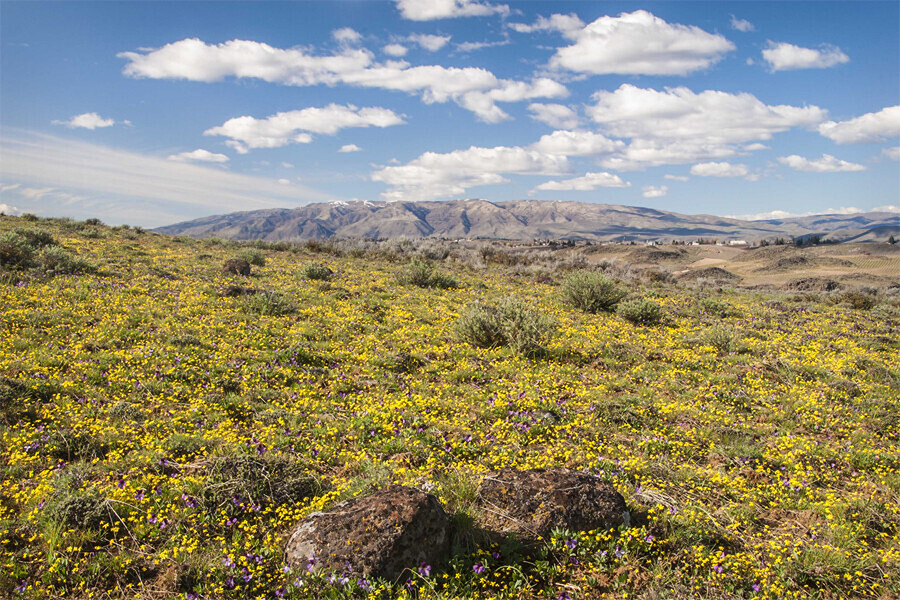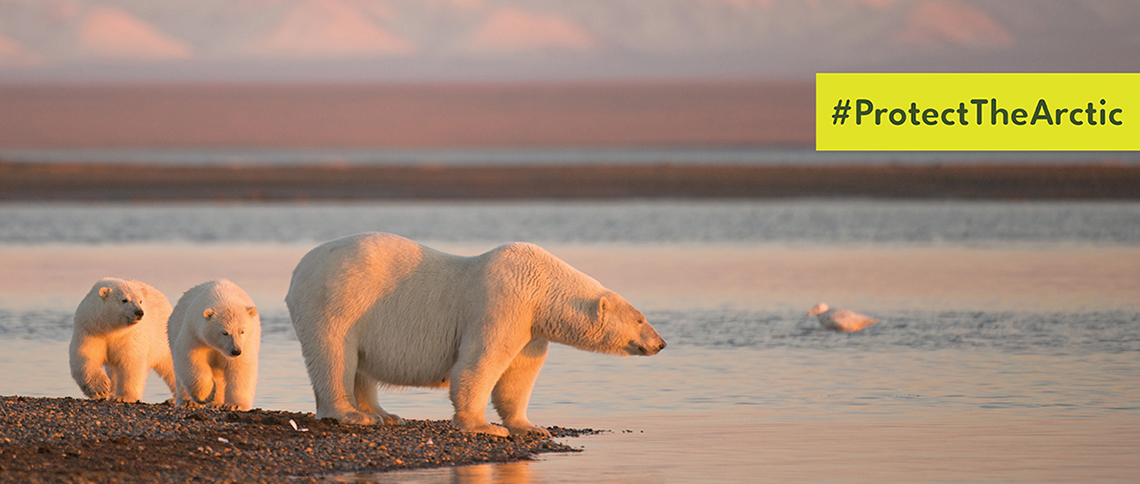We’d like to share an update about our journey to advance justice, equity, diversity and inclusion – or JEDI – at The Conservation Alliance. We began the journey earlier this year and while we are making progress, we have a lot of work ahead.
The Conservation Alliance board and staff met in November 2019 to create a strategic plan that would guide our organization for the coming years. In January 2020, we adopted a plan that includes a goal to make changes to our grant program using a JEDI lens, and created a task force to lead us through the process of determining how to do this important work. Together, the task force identified steps that The Conservation Alliance needs to take in the short and long term to incorporate JEDI values while staying true to our mission.
- Finalize our JEDI vision and statement
- Evaluate and make changes to our grant-making process and programs
- Create a JEDI plan with goals and benchmarks
- Diversify our Board of Directors
Winter 2021 Grant Program Updates
Grant-making is a logical starting point for our JEDI work because it is at the core of what we do. We got to work right away to make immediate changes to our grant program for the Winter 2021 grant cycle. We are also planning a full assessment of our grant making process in 2021 where we will identify barriers for groups seeking funding, evaluate our decision making processes, and look at how we measure success.
We did not change our funding criteria in this grant cycle. We are looking for projects that meet the following four criteria:
- The project should seek to secure lasting and quantifiable protection of a specific wild land or waterway.
- The campaign should engage grassroots citizen action in support of the conservation effort.
- All projects must have a clear recreational benefit.
- The project should have a good chance of final success within four years.
New for the Winter 2021 grant cycle, we expanded the list of qualities that we are looking for in projects we fund:
- Landscape-scale projects that have a clear benefit for habitat.
- NEW: Indigenous led conservation initiatives.
- NEW: Projects that benefit Black, Indigenous, and People of Color (BIPOC) and/or underserved communities, and organizations that work directly with these communities.
- NEW: Projects that measurably mitigate the impacts of climate change.
For the first time, in the Winter 2021 grant cycle we have asked applicants to submit a letter of support from one of their BIPOC partners, if applicable. This is a small step in the direction of broadening our awareness of BIPOC organizations working in conservation. It is our hope that we will begin to forge our own relationships with many of these organizations.
We are also asking applicants to describe their journey to address justice, equity, diversity and inclusion, and how the organization has changed because of it.
Early Lessons Learned
We have already learned a few lessons that we’d like to share for the benefit of others. First, it is essential to commit and to begin, even if the path forward isn’t clear. We talked for years before taking meaningful action on our JEDI work. Second, it is important to offer fair compensation to those whose expertise and assistance you require. We sought advice and guidance from a highly knowledgeable person of color in our broader community with whom we did not have a prior relationship. We did not initially offer compensation, which was a mistake we have since remedied. Third, clear communication and language is important. We used the term “underserved communities” without clearly defining who we were referring to. This ambiguity may have unintentionally offended some of the very people we had hoped to support. And finally, mistakes are inevitable and a sign that we are pushing beyond our comfort zone. We are learning how to tend to the impacts of our mistakes, and understand that this is an essential skill that we need to develop. On reflection, fear of doing the wrong thing was one reason we were slow to start. We intend to proceed with humility, integrity, and transparency, to own our mistakes, to learn from them, and to continue to strive to make The Conservation Alliance a just, equitable, diverse, and inclusive organization.
We are currently working on the goals identified by the JEDI Task Force and we will publish updates about our progress every few months. Thank you for your patience and support as we move forward.



